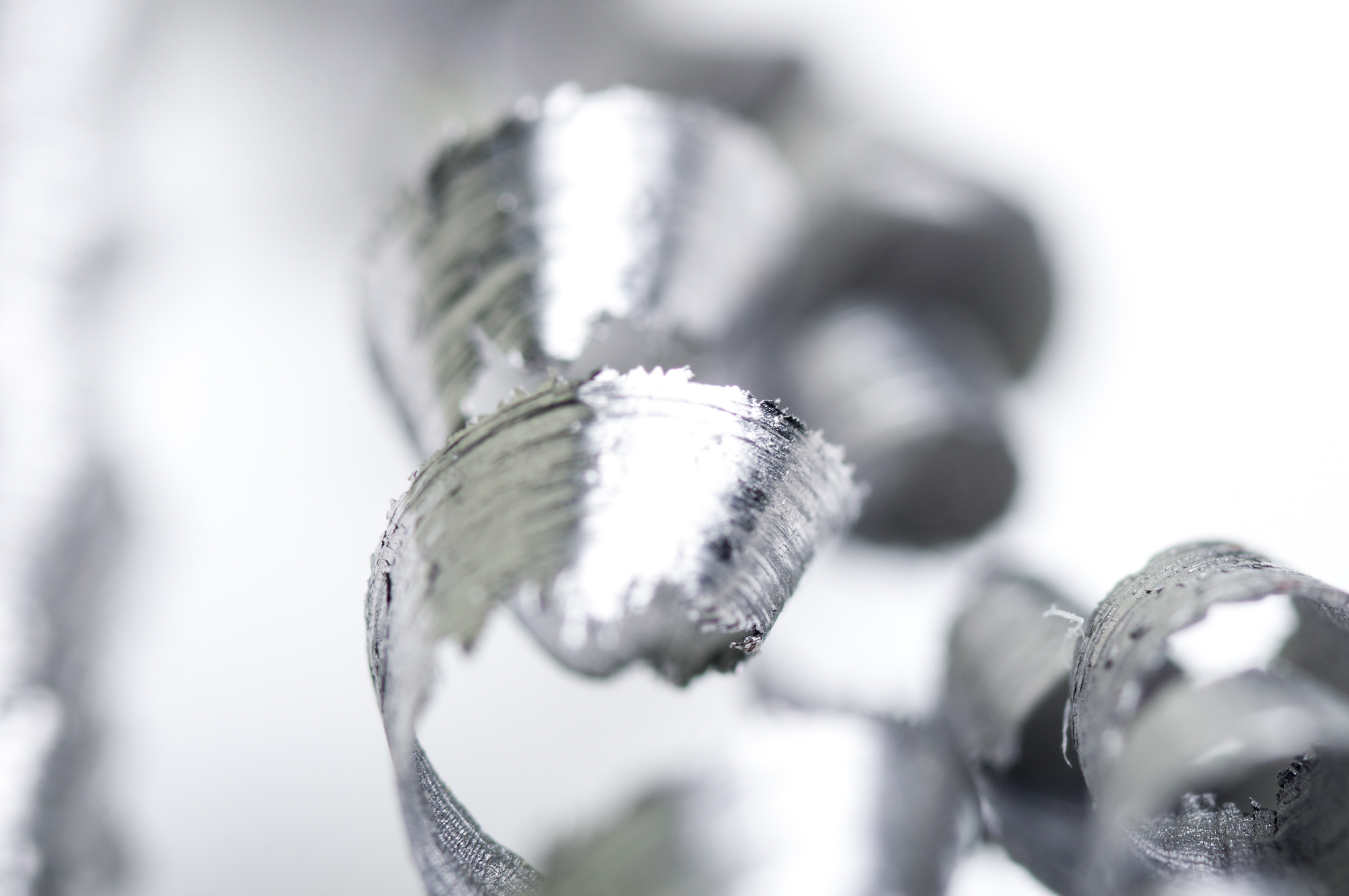What Is The Difference Between Inconel and Incoloy?

Choosing a suitable alloy for an industrial application is challenging. No doubt about it. You must find the right balance of characteristics and properties to arrive at an alloy that’s ideal for your production process, application need, and available budget. Choosing between Inconel® or Incoloy® alloys is especially challenging. The trick is finding a suitable alloy for your application at the least cost.
To choose the right alloy, you’ll need to consider numerous factors about your application. These factors aren’t always weighted evenly. Plus, you may have other departments in your business, like Purchasing, weigh in on the decision. Some of their factors may not line up with the main factors for selecting an alloy.
Both alloys are members of the same family of alloys. Both are high-performing alloys, share some properties, and provide high resistance to corrosion and oxidation. They also have good mechanical strength at elevated temperatures. Each grade of these alloys, however, has distinct properties and characteristics. These are what make the alloy what it is and why it survives.
Inconel Alloys versus Incoloy Alloys
Composition is the most critical difference between these two superalloys. Inconel is a predominantly nickel-chrome alloy containing 50% of nickel. Incoloy is a nickel-iron-chromium alloy with less than 50% nickel. Other differences between these alloys are their specific applications and suitability. Let’s look briefly at each.
Inconel Alloys
Inconel alloys are ideal for extreme pressure and temperature applications. They’re right for situations where steel and aluminum may fail because of thermal creep. When heated, Inconel alloys form a thick yet stable oxide layer, which protects surfaces from increased attack. When alloyed with other materials, you can strengthen and stiffen the alloy to permit its use in the most demanding areas.
Typical industries for Inconel alloys include food marine, aerospace, heat treating, and chemical processing as well as petrochemical, pollution control, aerospace, and nuclear.
Critical characteristics of Inconel alloys include:
- Good resistance to acids (sulfuric, phosphoric, nitric, and hydrochloric)
- Almost completely free from chloride-induced stress and corrosion cracking
- Excellent mechanical properties at both extremely low and high temperatures
- Excellent pitting, crevice corrosion, and inter-crystalline corrosion resistance
- High resistance to oxidation at elevated temperatures
Inconel is the “go-to” material for the most demanding environments. It is available in different grades, each grade of which exhibits shifting characteristics with slight variations in their chemistry.
Incoloy Alloys
Incoloy alloys have higher ferrous content and lower costs than Inconel. Standard Incoloy alloys work well in elevated temperatures in less demanding applications. They’re also easier to fabricate than Inconel alloys. You can use the same machining and processing technique as you do with stainless steel. Incoloy comes in various grades, with an emphasis on providing higher corrosion resistance in a variety of applications.
Typical industries include oil and gas, chemical processing, energy, aircraft, and marine. These alloys provide excellent resistance to seawater, brine, sour gas, and high chloride, making them excellent choices for oil and gas applications. .
Characteristics of Incoloy alloy are as follows:
- Excellent strength resistance in high-temperature environments
- Excellent oxidation and carburization resistance in high-temperature settings
- Good creep-rupture strength
- Good corrosion resistance in aqueous environments
- Ease of fabrication and machining
Alloyed with other materials, they provide good resistance to chemical and environmental corrosion and physical deterioration. The most specialized of Incoloy alloys, however, feature increased resistance to the harshest chemical environments of all. They’re good in applications featuring acids, wet scrubbing, nuclear fuel, and reactive atmospheres.
Critical Factors when Choosing Inconel or Incoloy Alloys
Every manufacturer knows that each alloy has unique properties and characteristics that they must weigh against each other before selecting one for an application. The critical factors you should consider when choosing an alloy include the following:
- Physical properties
- Mechanical properties
- Cost-effectiveness
- Service
- Fabrication
- Surface properties
How each of these factors comes into play changes from product to product. Dive a little deeper into the backgrounds of the Incoloy or Inconel alloy before choosing one of these alloys. Consulting with manufacturers on selection is an excellent option. You want an alloy that fits your exact needs at the lowest cost possible.
If you have other questions regarding Inconel or Incoloy, feel free to contact us. Put our expertise in metals to work for you.

 Tech Steel & Materials
Tech Steel & Materials